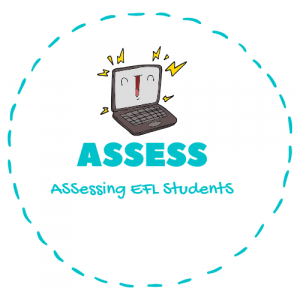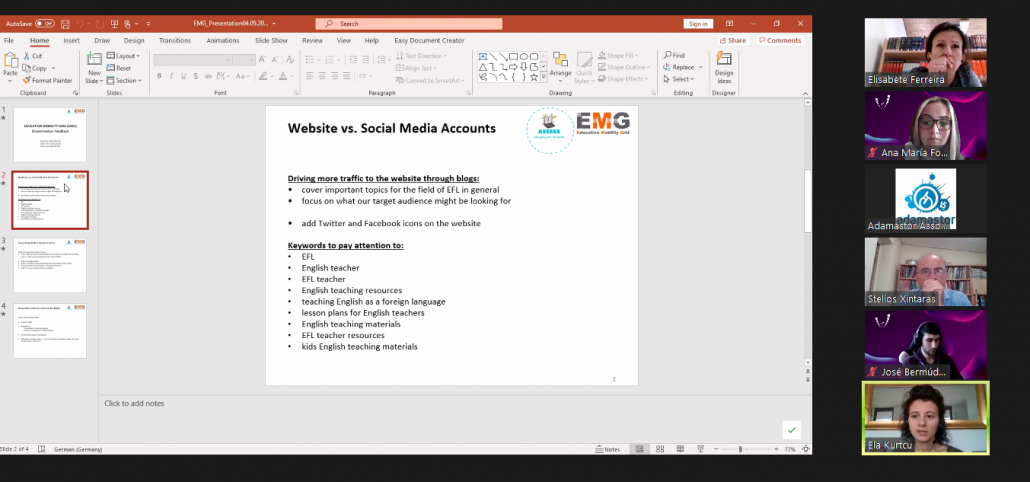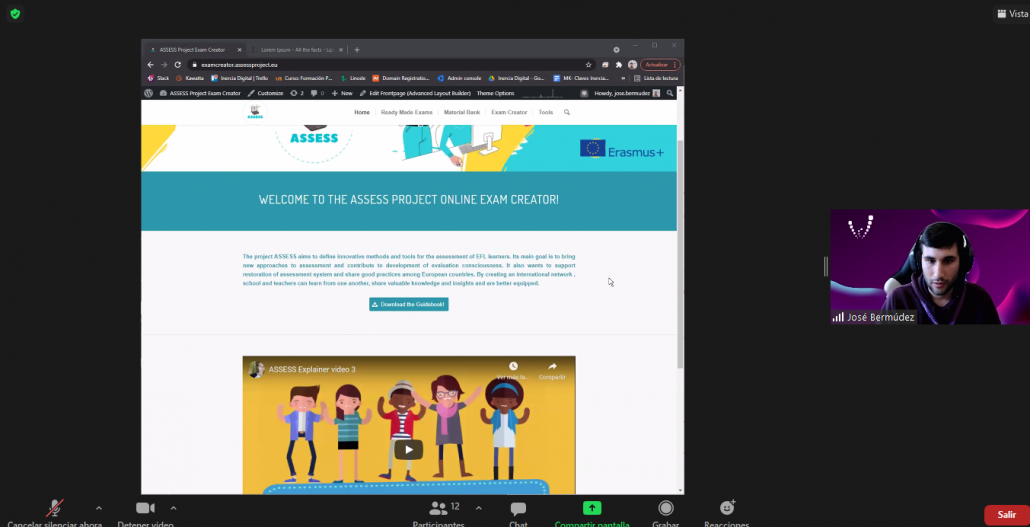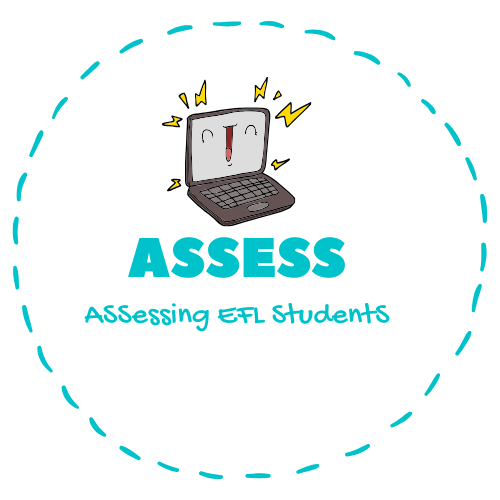The Benefits and Outcomes of Online Learning
Online education has been an issue since the internet started to become a crucial part of our lives. However, the outbreak of the virus forced this concept in our lives as an obligatory situation.
All the nations throughout the world have been talking about it, yet no country was prepared for it thoroughly. The citizens of the world have learnt the “how to” part on the way. We managed to do it somehow, but what about the efficiency and the effect of online education and assessment?
As an instructor at a state university in Turkey, my experience has been quite positive in many ways which can be listed as below;
*Flexibility and Self-Paced Learning
The difference among students in terms of learning pace has been vanished as all our lessons had been recorded and uploaded to the system beforehand. So, each student can go online and find the related video on the system and revise afterwards or prepare before the class hour at any time s/he is available.
*Better Time Management
As an instructor, I could easily complain that most of the time, the class hour was interrupted by natural conversations; however, in online lessons 40 minutes were mostly used very effectively and all the talking was to the point. In time both teachers and students have learnt to use all the benefits of online meetings like break-out rooms, white board, multi-user screen sharing, annotation, etc. which enabled both parties to make use of the allocated time better.
*Varied Means of Learning
In our online education experience, we experienced many different means which are called “web tools” used for educational purposes. We applied online quizzes for fun, software versions of the books and online workbooks that can be used like popular applications (in vocabulary and grammar especially), competitions and games that can facilitate learning in grammar and so on.
*Keeping up with the Developing Technology
All the improvements in technology like applications, tutorials on Youtube, audiobooks, interactive games have made education seem like behind the zeitgeist. With an obligatory push, education especially in eastern countries had to keep up with developing technology which created a more appealing interface for education. We are free from getting old and rusty.
At the end of the semester, according to a survey held in Uludağ University (Bursa, Turkey), almost 80 percent of both teachers and students favour and stick up for online education for the above mentioned reasons. And with the data collected from that research, the School of Foreign Languages plans to carry out the education both face-to-face and online in the 2021-2022 academic year.




